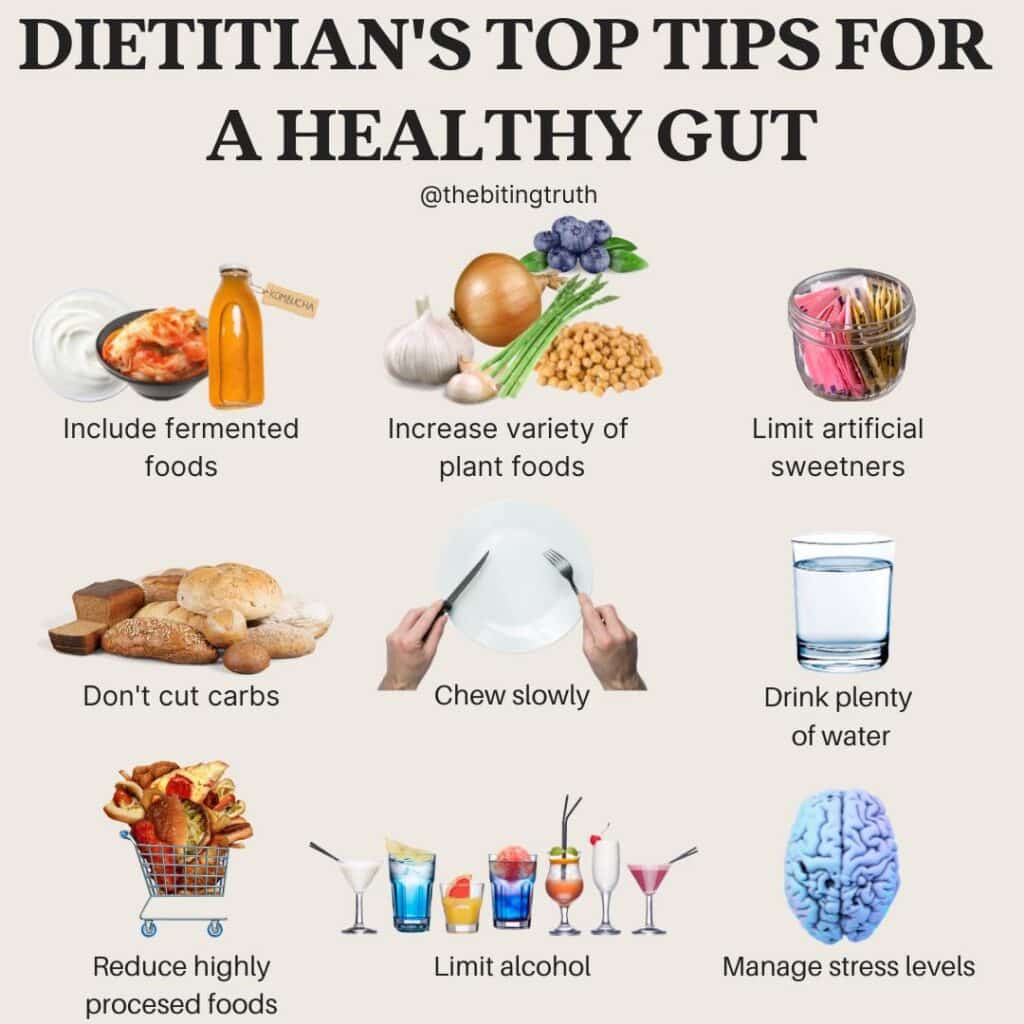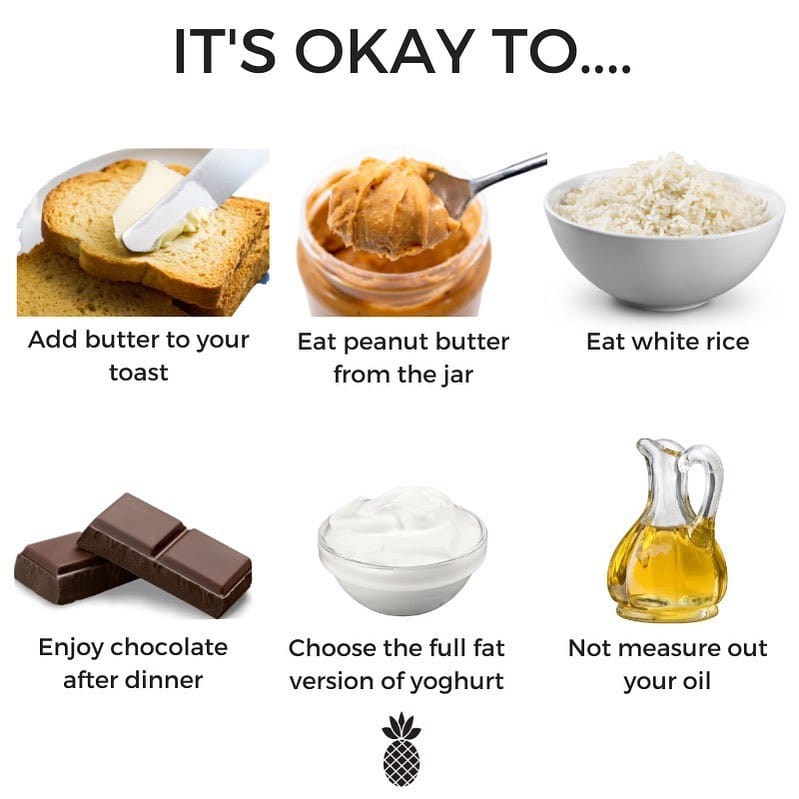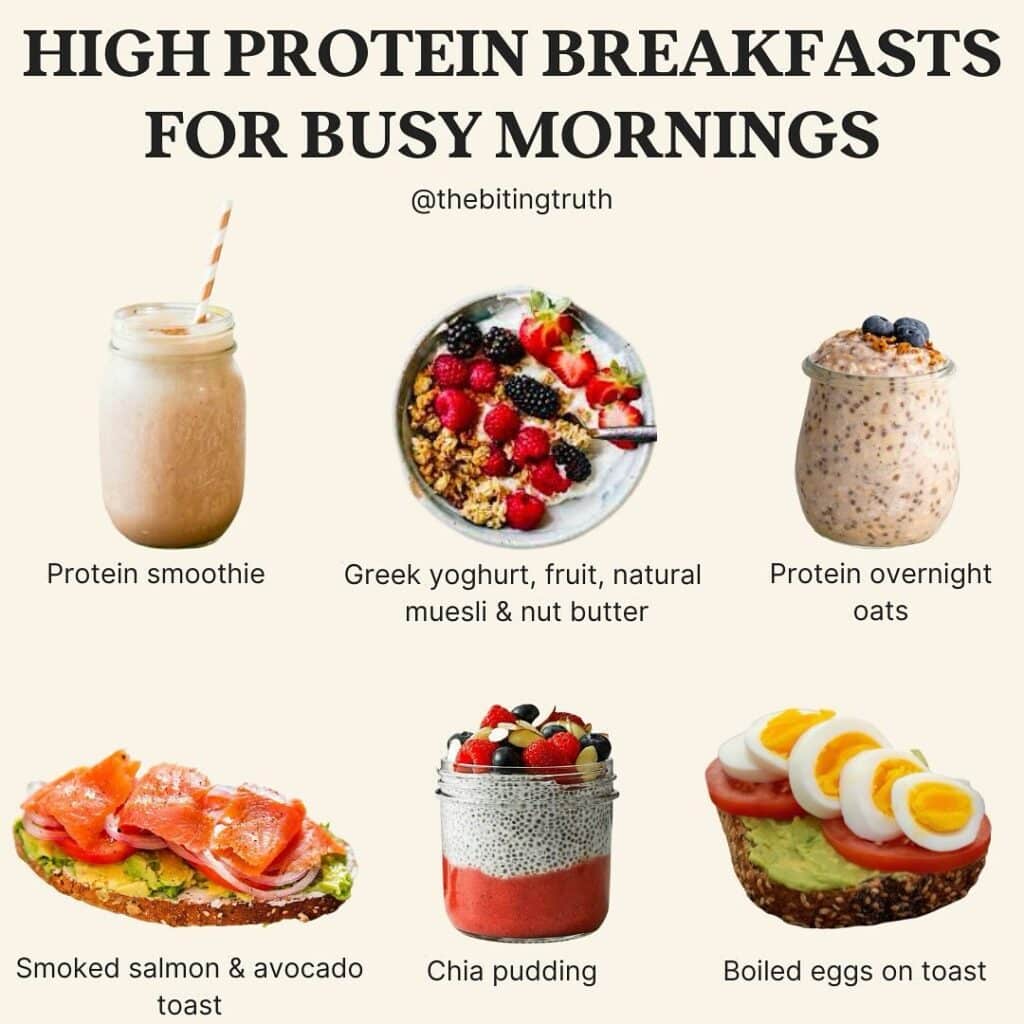Eating well isn’t just about what’s on your plate; it’s also about how you get it there. When it comes to changing the way we eat, access and budget are just as important as knowledge.
It’s easy to feel overwhelmed by the abundance of dietary advice out there, especially when many recommendations seem to require expensive ingredients or specialised products. However, maintaining a healthy diet, particularly one that supports gut health, doesn’t have to break the bank.
Your gut health is essential for overall well-being, impacting everything from digestion to mood. A diet rich in diverse plant-based foods can nourish your gut microbiome, promoting better health. But don’t let budget constraints get in the way of you looking after your gut! With some savvy shopping and a bit of creativity in the kitchen, anyone can enjoy a gut-friendly diet without overspending.
We can all benefit from eating more plants, and there are hundreds of different types out there that should be celebrated – across fruits, veg, wholegrains, legumes, nuts and seeds, herbs, and spices. Sure, there are pricey options, but they’re absolutely not essential.
Here are our top tips to improve your gut health on a budget:
1. Tweak the recipes based on what you have:
Don’t let a few missing ingredients stop you from making a dish. Whether it’s a soup, stir-fry, casserole, or curry – work with what you’ve got! A little creativity can turn your pantry into a treasure trove of delicious possibilities.
2. Make the most of in-season fruit and vegetables:
How do you know what’s in season? They’re usually the cheaper ones or are on special. In-season produce not only tastes better but is also more nutritious and budget-friendly.
3. Consider bulk buying some of your pantry staples:
A diverse range of wholegrains, legumes, nuts, and seeds can be bought in bulk to save money. Stock up on tins and jars; they have a long shelf life and can be used to whip up nutritious meals in no time.
4. Have a go at growing your own fresh herbs:
If you have any outdoor space, or even a sunny windowsill, try growing your own herbs and veggies! Herbs like parsley, mint, basil, thyme, and chives are easy to grow and can add a fresh burst of flavour to your meals.
4. Frozen veggies are underrated:
They’re a great cost-effective option and nutritionally are pretty much on par with fresh vegetables. Plus, they can save you time on prep work, making it easier to whip up healthy meals on busy days.
6. Cook in batches and freeze half the portion:
Most fruits and vegetables last several months in the freezer. Batch cooking not only saves time but also ensures you always have a healthy meal ready to go. Soups, stews, and casseroles freeze particularly well.
7. Prep your own snacks:
Homemade muffins, hummus, and bliss balls are super easy to make for a fraction of the price of store-bought options. Plus, you can control the ingredients, ensuring your snacks are as healthy as possible.
By making small adjustments and embracing creativity in the kitchen, you can enjoy a diverse and nutritious diet without breaking the bank. Happy cooking!
—
Notes






